Decriptare i file dal ransomware HardBit
Possiamo recuperare i dati criptati dalla maggior parte delle estensioni di ransomware su qualsiasi dispositivo di archiviazione
- VMware ESXi
- Microsoft Hyper-V
- Microsoft SQL Server
- Firebird
- Oracle
- VMware ESXi
- Microsoft Hyper-V
- Microsoft SQL Server
- Firebird
- Oracle
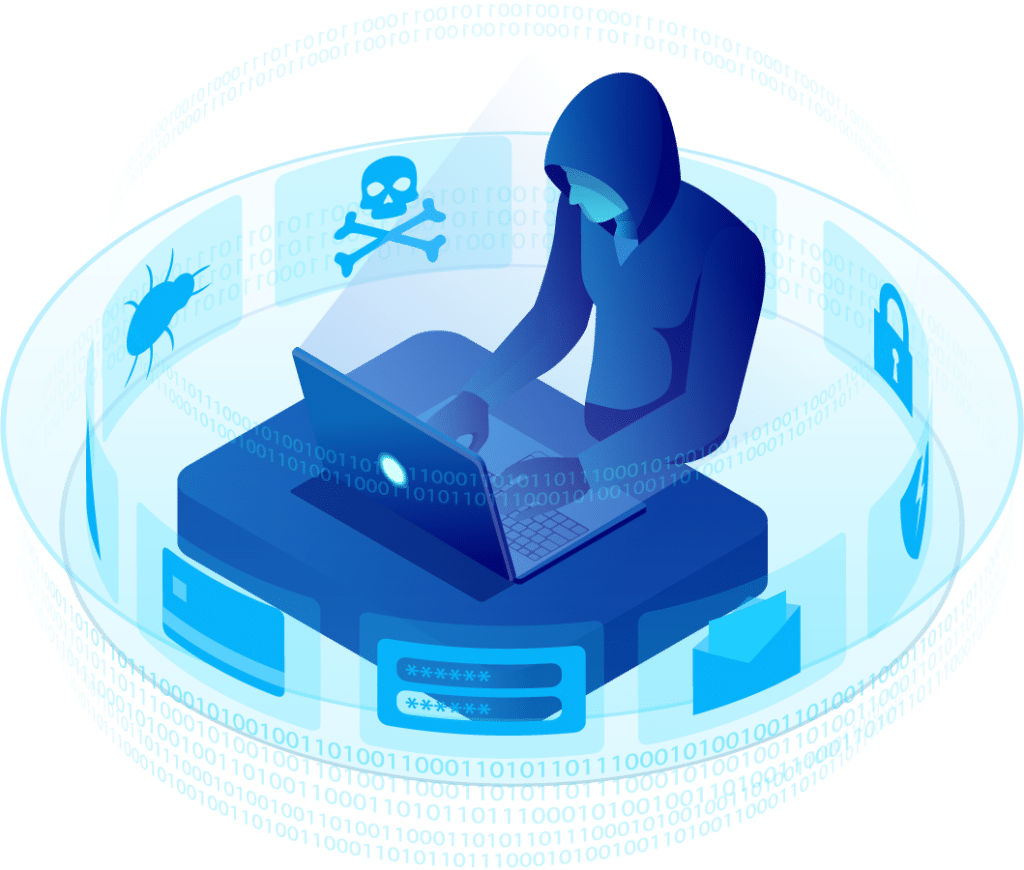
SERVIZI IN TUTTO IL MONDO
CASI DI ATTACCO LOCKBIT
CASI DI ATTACCO BLACKCAT
CASI DI ATTACCO DI HIVE LEAKS
CASI DI ATTACCO DI MALLOX
CIFRA RISPARMIATA SENZA TRATTATIVA CON GLI HACKER
Decriptare i file dal ransomware HardBit
Abbiamo sviluppato soluzioni esclusive che consentono di recuperare i file crittografati da HardBit, rendendo possibile ciò che una volta sembrava impossibile.
In caso di un evento così catastrofico, le opzioni disponibili sono limitate, specialmente se i backup sono stati compromessi o non sono aggiornati. In passato, il numero di aziende che sono state costrette a chiudere a causa di un attacco ransomware che ha criptato i loro dati è stato estremamente elevato, con conseguenze economiche disastrose.
In molti casi di HardBit, anche dopo il pagamento del riscatto richiesto, i criminali non inviano la chiave di decrittazione necessaria per ripristinare i dati criptati. In tali circostanze, non esiste un’autorità superiore a cui rivolgersi per ottenere assistenza.
La Digital Recovery si presenta sul mercato con soluzioni in grado di decriptare i file colpiti da Ransomware. Abbiamo un numero elevato di casi di ransomware HardBit risolti con successo negli ultimi anni.
Perché la Digital Recovery?
Con più di 23 anni di esperienza, abbiamo acquisito una vasta base di clienti soddisfatti in tutto il mondo. Offriamo soluzioni di decriptazione dei file colpiti da ransomware che possono essere eseguite da remoto, e il nostro servizio clienti multilingue è a disposizione dei nostri clienti in qualsiasi momento.
Dato l’aumento degli attacchi ransomware HardBit in tutto il mondo, ci siamo specializzati nella decrittazione di tali attacchi. Abbiamo sviluppato una soluzione unica che può essere applicata alla maggior parte dei dispositivi di archiviazione, tra cui macchine virtuali, sistemi RAID, storage (NAS, DAS, SAN), database, server e molto altro ancora.
I nostri specialisti sono altamente qualificati e utilizzano le ultime tecnologie nel mercato del recupero dati, la principale delle quali è TRACER, la nostra tecnologia che ci ha permesso di ottenere tantissimi casi di successo nella decrittazione dei file ransomware HardBit.
Offriamo una diagnosi avanzata che ci consente di valutare l’entità dell’attacco entro le prime 24 ore lavorative. In seguito a questa diagnosi, forniamo un accordo commerciale che definisce i dettagli del processo di decrittazione dei file. Una volta accettato l’accordo, iniziamo immediatamente il processo di decriptazione dei file.
Tutte le nostre soluzioni sono supportate dal Regolamento generale sulla protezione dei dati (GDPR), grazie alla quale offriamo una sicurezza totale ai nostri clienti. Forniamo anche un accordo di riservatezza (NDA) sviluppato dal nostro ufficio legale, ma se vi sentite più a vostro agio nel fornire un NDA sviluppato dalla vostra azienda, siamo aperti ad analizzarlo e accettarlo, se necessario.
Siamo
sempre online
Compila il modulo o seleziona la forma di contatto che preferisci. Ti contatteremo per iniziare a recuperare i tuoi file.
Storie di successo
Cosa dicono di noi i nostri clienti
"Abbiamo avuto un grave problema dopo un'interruzione di corrente di un server NAS in Raid 5. Ho contattato immediatamente DIGITAL RECOVERY. Dopo alcuni giorni di duro lavoro il problema è stato risolto."
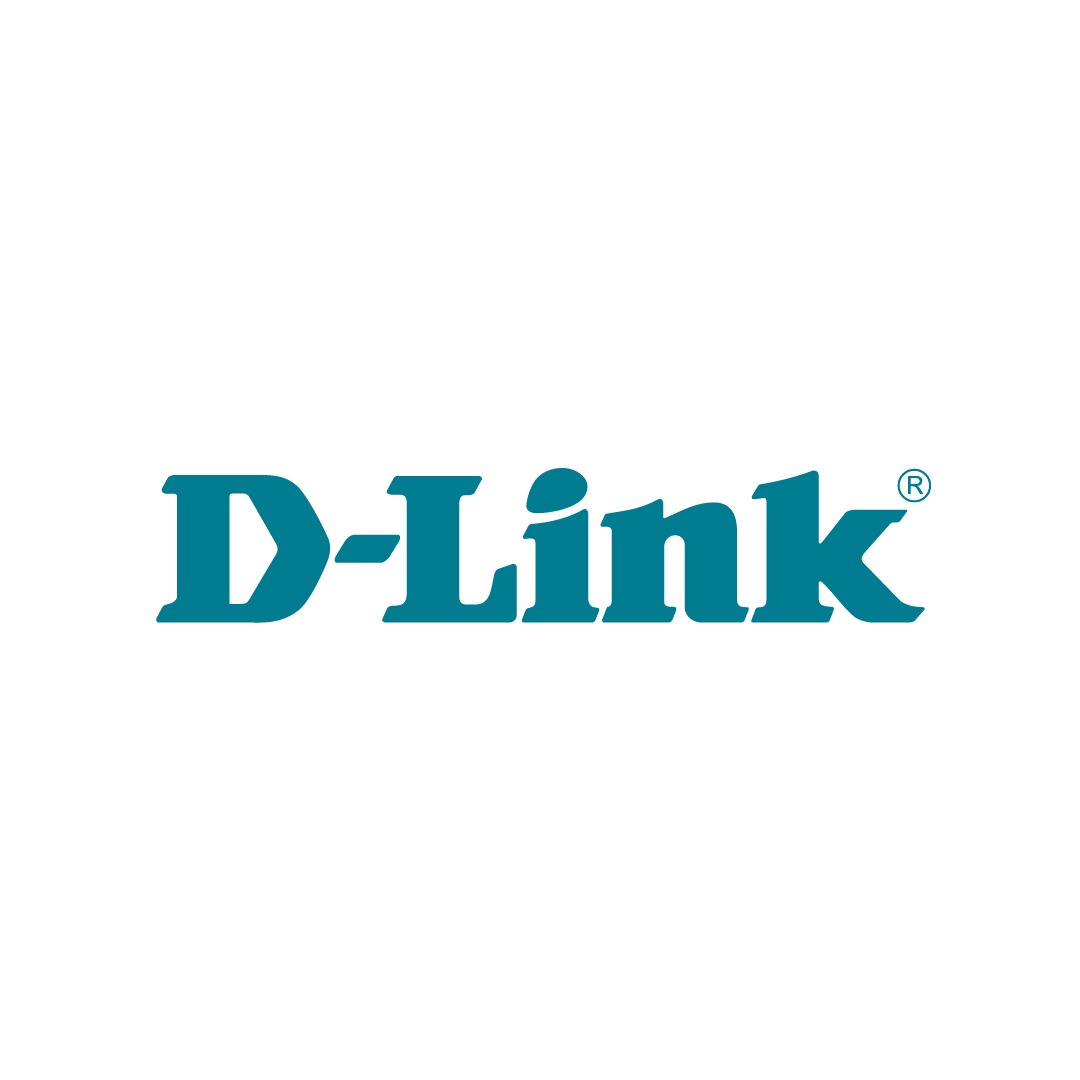
"Uno dei nostri server raid si era fermato. Dopo vari tentativi senza risolvere il problema abbiamo trovato DIGITAL RECOVERY e 5 ore dopo, alle 4 del mattino, i dati sono stati recuperati."

"Abbiamo incaricato DIGITAL RECOVERY di un caso particolare (di perdita di dati) in uno storage raid 5. Digital Recovery ha recuperato i 32 milioni di file del cliente lasciandolo estremamente soddisfatto."

"Senza dubbio la migliore azienda di recupero dati dell'America Latina. Il contatto Digital Recovery sarà sempre salvato sul mio telefono, perché inevitabilmente ne avrò di nuovo bisogno."

"La qualità del servizio è eccellente. L'attenzione al servizio clienti è gratificante e il feedback che riceviamo ci rassicura sulla fiducia nel lavoro e nella dedizione."
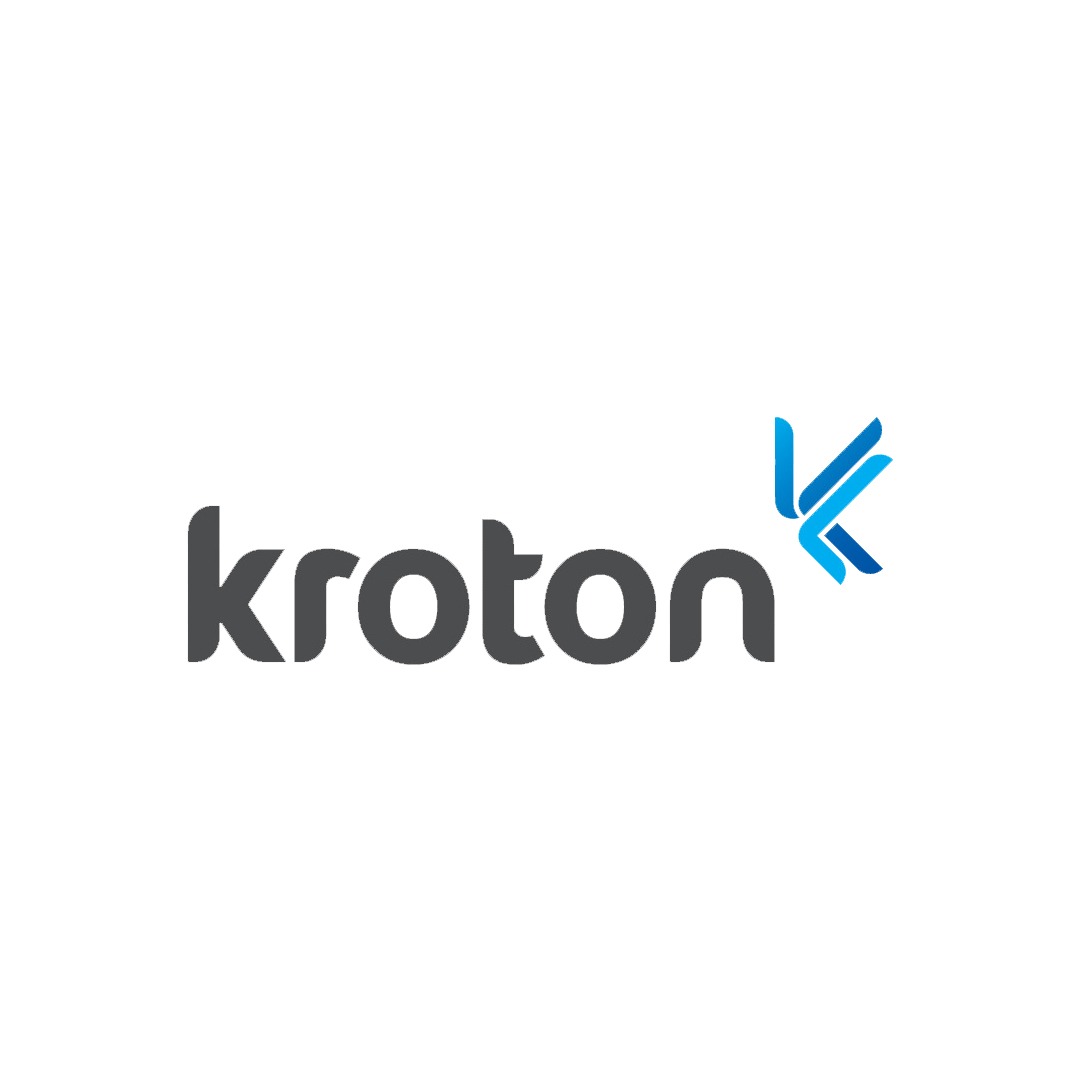
Cliente dal 2017
"Ottima azienda, mi hanno salvato da un grosso problema! Consiglio, servizio veloce, i miei ringraziamenti al team di Digital Recovery per l'attenzione e la rapida soluzione del problema! Mostra"

"È la seconda volta che conto con l'agilità e la professionalità del team di Digital Recovery, sono molto esperti e agili. Raccomando a tutti"

"Mi hanno aiutato a recuperare alcuni dati che pensavo fossero andati persi. Ho avuto un'ottima esperienza con il team per la sua calma, agilità e trasparenza."
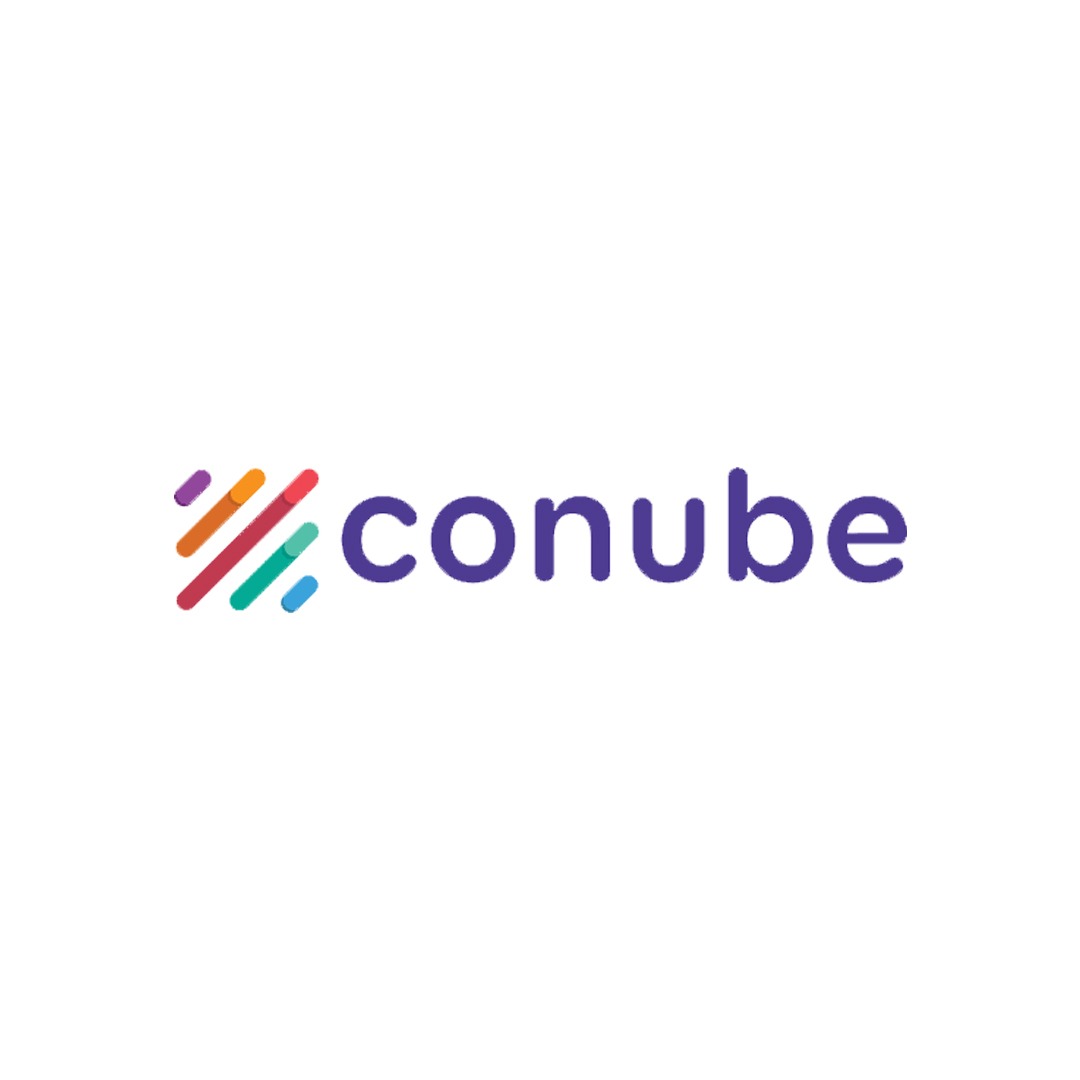









Le risposte dei nostri esperti
Grazie alla nostra tecnologia proprietaria, siamo in grado di recuperare i file colpiti da ransomware HardBit. Tuttavia, per fare ciò, è necessaria una conoscenza approfondita del dispositivo di archiviazione che è stato attaccato. Senza questa conoscenza, i file potrebbero essere danneggiati irreparabilmente. I nostri specialisti hanno una vasta esperienza nella gestione di diversi tipi di dispositivi di archiviazione, tra cui sistemi RAID, storage (NAS, DAS, SAN), database, server, macchine virtuali e altri. Questo ci consente di individuare e ricostruire la maggior parte dei file crittografati con successo.
Come scegliere un'azienda per decriptare i miei dati colpiti da HardBit?
La decrittazione dei file ransomware HardBit è una pratica molto complessa e poche aziende in tutto il mondo sono in grado di offrire soluzioni efficaci. Inoltre, a causa della natura delicata delle informazioni coinvolte, ci sono poche informazioni disponibili su questo argomento e spesso ci sono molte informazioni errate in circolazione che creano confusione.
Tuttavia, ci sono aziende affidabili come la Digital Recovery che hanno sviluppato soluzioni avanzate per il recupero dei dati criptati da ransomware. La riservatezza dei processi e dei clienti rende difficile trovare testimonianze ufficiali sul lavoro svolto.
Per questo motivo, è importante selezionare un’azienda che abbia un’esperienza comprovata nel settore del recupero dati e che metta a disposizione un team di esperti con cui comunicare fin dal primo contatto.
Quanto costa il processo di decriptazione del ransomware HardBit?
Non è possibile affermare il prezzo del processo prima della diagnosi iniziale, solo con esso è possibile misurare la dimensione del danno causato dal ransomware HardBit e analizzare se la decriptazione è possibile o meno.
Dopo la diagnosi iniziale, viene fatta un’offerta economica e, una volta accettata, inizia il processo di recupero. Il pagamento viene effettuato solo dopo la convalida dei file recuperati, effettuata dal cliente stesso.
Negoziare con gli hacker di HardBit è una buona opzione?
I criminali contano sul fatto che la vittima li contatti nelle prime ore dopo l’attacco, quindi utilizzano minacce espresse in termini di riscatto; in quel primo contatto la vittima sarà sotto forte stress e potrebbe cedere più rapidamente ai capricci dei criminali.
Si consiglia alla vittima di non contattare i criminali di HardBit, ma di rivolgersi, dopo aver verificato l’attacco, a professionisti del settore, affinché, accompagnati da uno specialista, possano analizzare i dati e verificare le possibilità di ripristino.
Gli ultimi approfondimenti dei nostri esperti

Che cos’è la memoria flash?
Sin dalla sua invenzione negli anni ’80, la memoria Flash ha rivoluzionato l’archiviazione dei dati digitali. Essenziale per dispositivi mobili, fotocamere digitali, unità di archiviazione
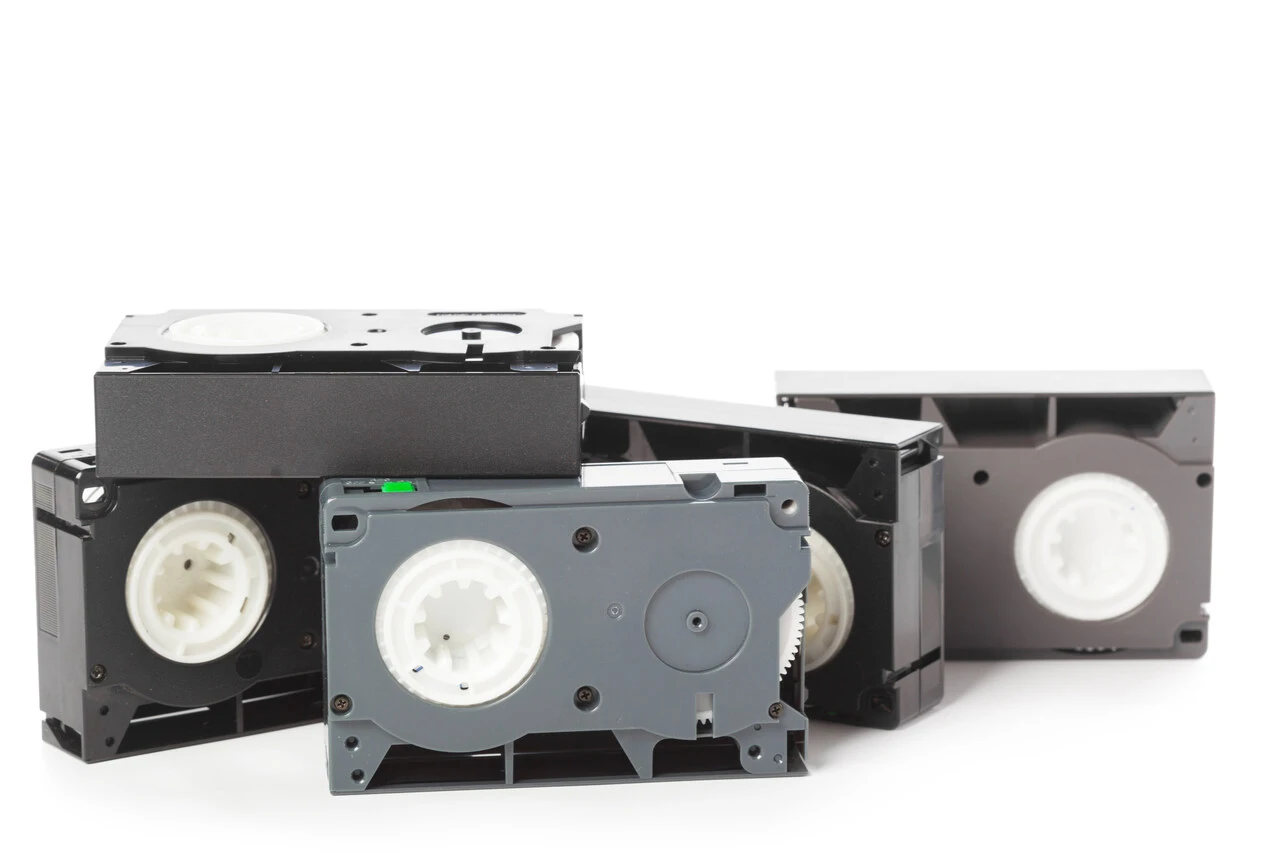
Portabilità dei dati su nastri magnetici
La portabilità dei dati su nastri magnetici consiste nella migrazione dei dati memorizzati su un vecchio nastro a un nastro con la tecnologia attuale. La
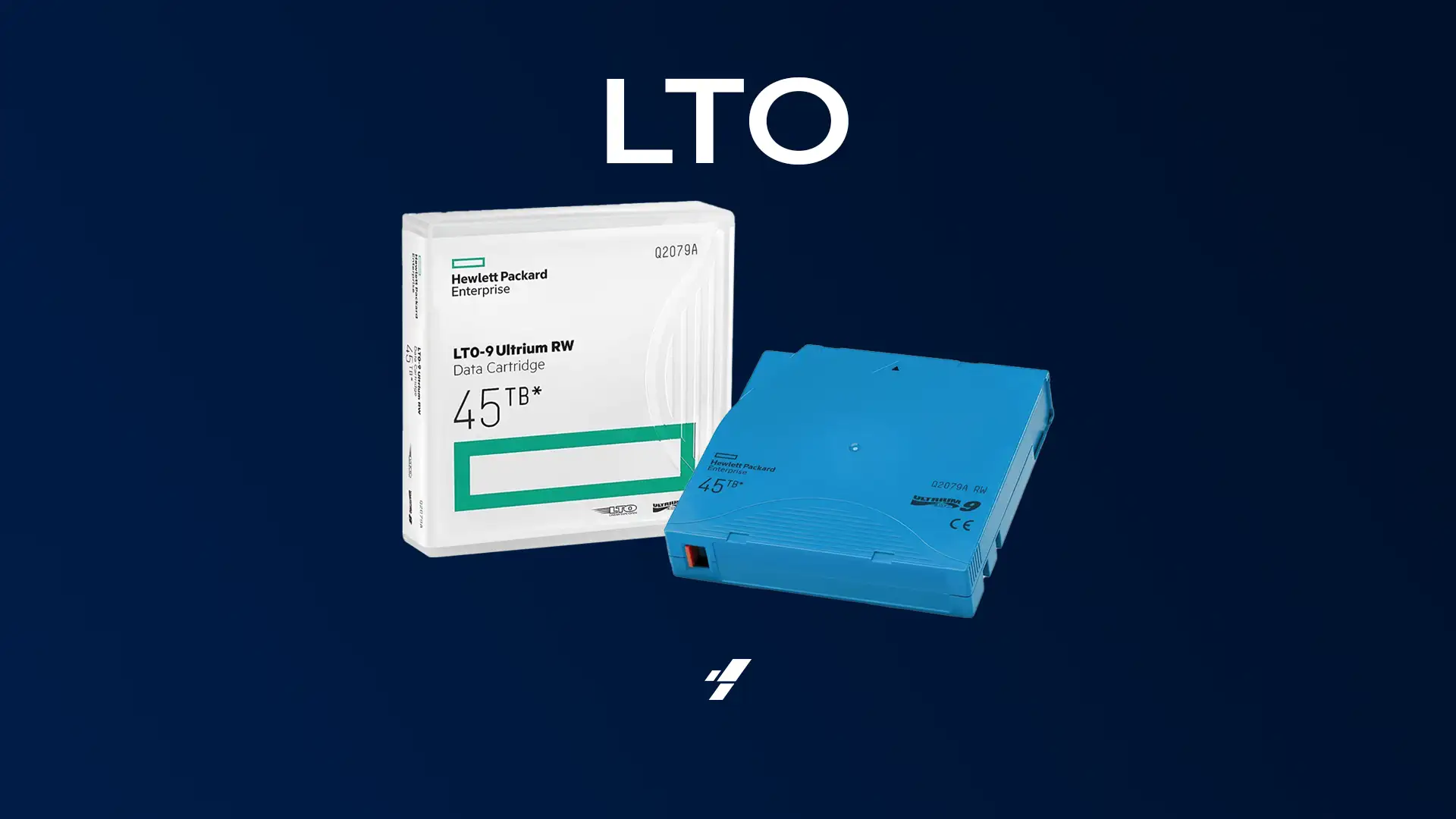
Cosa sono i nastri LTO? Scoprite la potenza dell’archiviazione a lungo termine
I nastri LTO, acronimo di Linear Tape-Open, rappresentano una tecnologia di archiviazione dati su nastro magnetico sviluppata alla fine degli anni ’90 come formato aperto
Cosa c'è da sapere
Come prevenire un attacco ransomware HardBit?
Ci sono alcune precauzioni che si possono prendere per prevenire un attacco ransomware HardBit, tra cui:
- Mantenere il sistema operativo e i software aggiornati: i produttori rilasciano costantemente aggiornamenti di sicurezza che correggono eventuali vulnerabilità presenti.
- Utilizzare software antivirus e firewall: questi strumenti possono aiutare a rilevare e prevenire gli attacchi ransomware.
- Fare attenzione ai messaggi di posta elettronica: non aprire allegati o cliccare su link sospetti provenienti da mittenti sconosciuti.
- Effettuare il backup dei dati: è importante creare regolarmente una copia dei dati importanti in modo che, in caso di attacco ransomware, sia possibile recuperare i file senza dover pagare il riscatto.
- Formazione dei dipendenti: è importante che tutti i dipendenti siano a conoscenza dei rischi e siano formati per evitare di cadere in trappola, ad esempio, evitando di aprire allegati sospetti o cliccare su link sconosciuti.
Prendere queste precauzioni può aiutare a ridurre il rischio di attacchi ransomware HardBit, ma è importante ricordare che nessuna soluzione è completamente sicura e che è sempre possibile essere colpiti da un attacco. In caso di attacco ransomware, è importante agire rapidamente e rivolgersi a professionisti del settore.
Qual è il mezzo di accesso più comunemente utilizzato dagli hacker di HardBit per introdursi negli ambienti?
Esistono diverse strategie utilizzate dai criminali, le principali sono: Download di file infetti, link dannosi, attacchi via RDP, Phishing, campagne di e-mail di spam, tra gli altri.
Tutti hanno la stessa intenzione, quella di accedere al sistema della vittima senza che questa se ne accorga. Per farlo, il ransomware si mimetizza nel sistema in modo da non essere rilevato dai sistemi di difesa.
Nelle tattiche che dipendono dall’azione di un utente, vengono applicate tattiche di phishing in modo che la vittima scarichi inconsapevolmente il ransomware HardBit nel sistema.
Esiste un comportamento del mio server che posso analizzare per sapere se sono stato attaccato da un Ransomware HardBit?
Sì, esistono alcuni comportamenti che potrebbero indicare un possibile attacco ransomware HardBit sul tuo server, ad esempio:
- Aumento della quantità di file crittografati: se noti un aumento del numero di file crittografati sul tuo server, potrebbe essere un segnale di un attacco ransomware in corso.
- Modifiche ai nomi dei file: se noti che i nomi dei file sono stati modificati con estensioni insolite o sconosciute, potrebbe indicare che i file sono stati criptati da un ransomware.
- Messaggi di riscatto: se visualizzi messaggi di richiesta di riscatto sul tuo server o sui computer collegati, potrebbe essere un segnale di attacco ransomware.
- Attività anomale del processo: se noti che i processi sul tuo server stanno funzionando in modo anomalo o che ci sono processi sconosciuti che si eseguono, potrebbe indicare un possibile attacco ransomware.
- Traffico di rete sospetto: se noti un aumento del traffico di rete in uscita verso destinazioni sconosciute, potrebbe essere un segnale di attacco ransomware.
È importante monitorare regolarmente il tuo server per individuare eventuali attività sospette o comportamenti anomali, al fine di identificare tempestivamente un possibile attacco ransomware HardBit. Inoltre, è sempre consigliabile mantenere aggiornati i sistemi operativi e le applicazioni, utilizzare software antivirus e firewall affidabili e sensibilizzare gli utenti sulle migliori pratiche di sicurezza informatica.
Cosa succede se non pago il riscatto a HardBit?
I dati rimarranno criptati, sarà necessario formattare il computer interessato. In questo modo tutti i dati memorizzati andranno persi.
Ma nei casi in cui il gruppo HardBit utilizza la doppia tattica di estorsione, copiando ed estraendo tutti i file e crittografando i dati originali, i file rubati saranno pubblicati sul sito web del gruppo o sui forum del Dark Web e tutti i dati originali rimarranno crittografati sul dispositivo interessato, richiedendo la formattazione del dispositivo.



